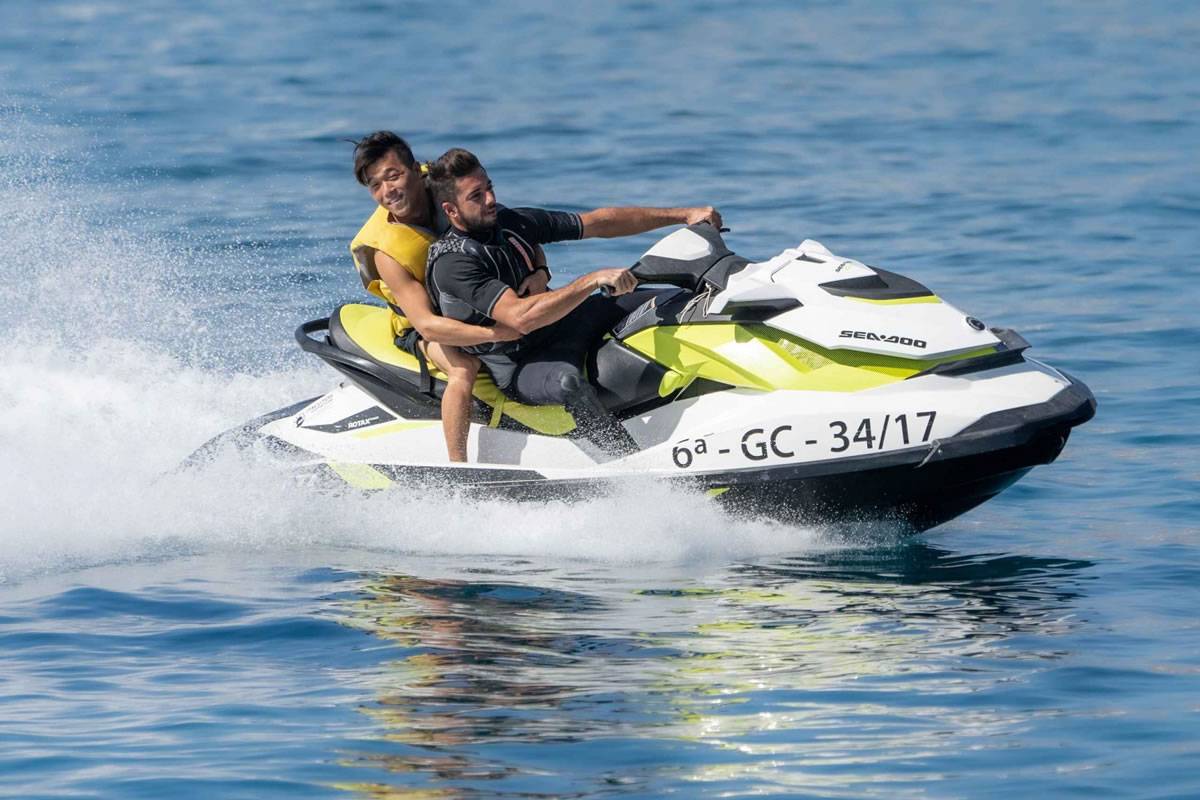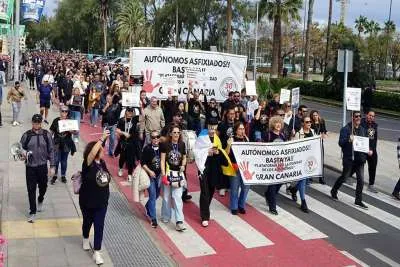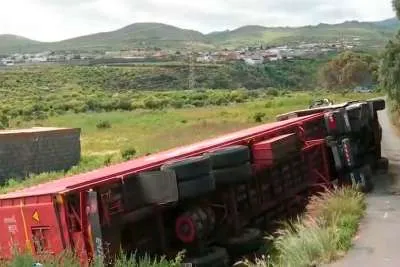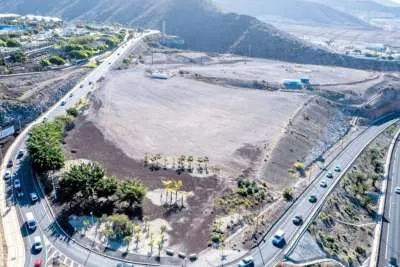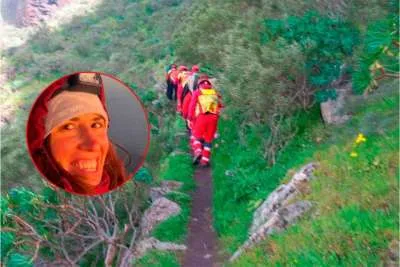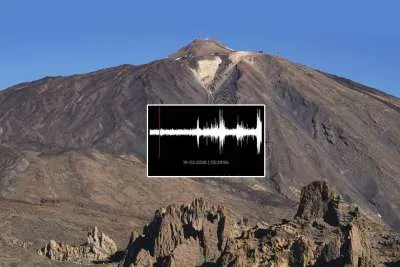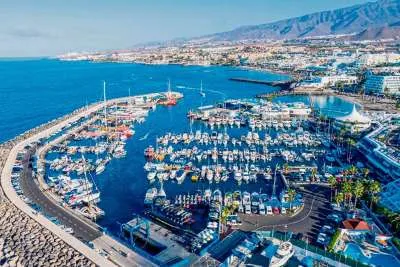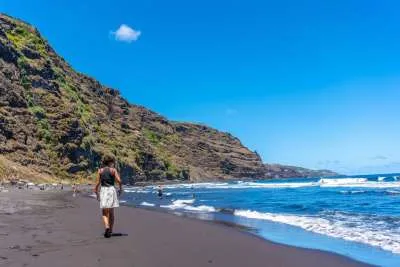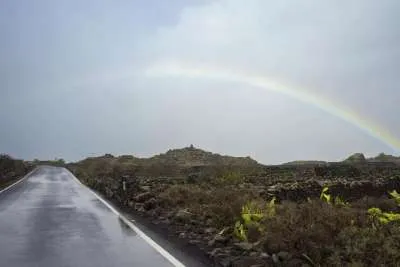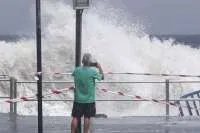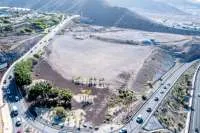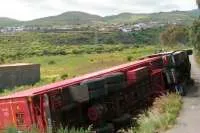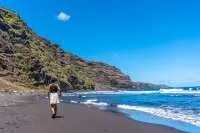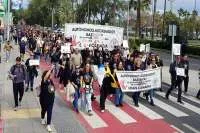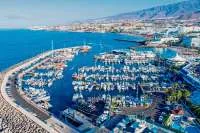Environmental concerns raised over jet ski circuit near protected waters in Fuerteventura
- 26-05-2025
- Fuerteventura
- Canarian Weekly
- Photo Credit: My Guide Fuerteventura
A jet ski circuit in Caleta de Fuste has sparked environmental concerns after Spain’s Ministry for Ecological Transition warned of its potential threat to protected marine species, including bottlenose dolphins and loggerhead turtles, in the waters of Fuerteventura.
The circuit, operated by Gestión Puerto Castillo SL, lies just 700 metres from a designated Site of Community Importance (LIC), part of the EU's Natura 2000 network, which protects habitats critical to vulnerable wildlife.
The ministry has flagged concerns over underwater noise, collision risks, and behavioural disturbance to species already facing conservation challenges.
Despite the warnings, the operator commissioned a report from Evalúa Soluciones Ambientales, led by biologist Rosendo López, a controversial figure who previously advised the developer behind the highly criticised ‘Cuna del Alma’ tourist project in the south of Tenerife.
López's report, completed in under two months, concluded the jet ski operation poses “no significant impact” to the surrounding environment or marine life. He cited the 700-metre distance from the protected zone, limited sightings of endangered species near the circuit, and existing boat traffic as reasons why the activity could continue safely.
However, environmentalists are unconvinced.
Dr. Bárbara Abaroa, a marine scientist and director of the Fuerteventura Marine Litter Observatory, criticised the assessment, arguing that wildlife movements cannot be confined to “boxes on a map”. She said noise pollution, especially from high-powered jet skis, can alter animal behaviour, increase stress, and even disrupt reproductive cycles, particularly in species like the bottlenose dolphin and the critically endangered angel shark.
Critical Habitat at Risk
The ministry’s own evaluation described the area as “especially relevant” for bottlenose dolphins and home to other marine mammals including pilot whales and sperm whales. Caleta de Fuste was also identified as a “critical area” for angel sharks, a species on the brink of extinction, with the Canary Islands considered one of their last safe habitats.
The ministry highlighted concerns over the anchoring method used for the circuit buoys, a traditional grappling anchor that can damage sensitive seabed habitats and increase water turbidity.
In response, López argued that the anchoring would be placed on rocky seabed, not sandy areas favoured by the angel shark, and stressed that the circuit operates in an already busy area near a marina. He maintained that sightings of the vulnerable species in the specific project zone were “non-existent”.
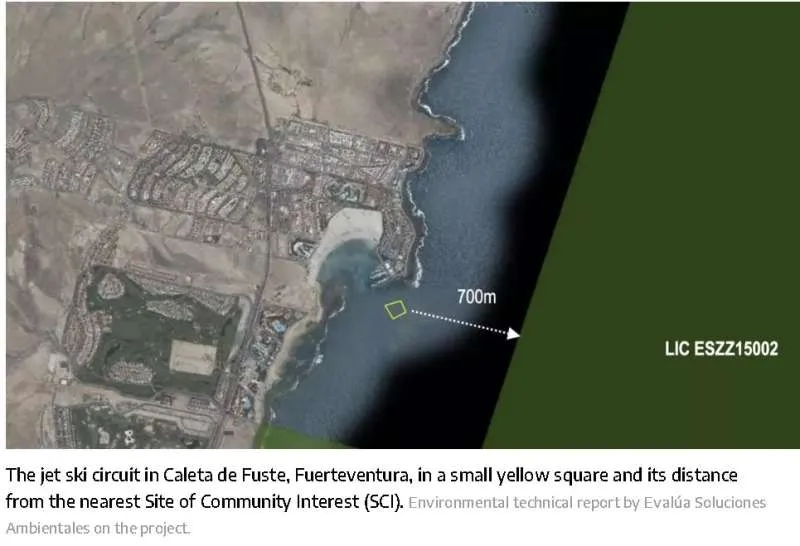
A Year-Round Business
The circuit, consisting of six jet skis, operates year-round, logging nearly 2,000 rentals in 2023 and generating €118,500 in revenue. The company has not been required to submit an environmental impact assessment before, this requirement arose as part of its request to renew its permits.
Gestión Puerto Castillo has published a code of environmental best practices, which includes speed limits and restrictions on operating outside the designated circuit area, to minimise noise and reduce risk to marine life.
Critics remain concerned about the impartiality of the environmental review. López’s dual role as environmental advisor and former public official in other controversial projects has prompted calls for stricter oversight of private environmental assessments. With the project’s public consultation phase open until tomorrow, Tuesday, opponents are urging authorities to reconsider approval until more robust, independent environmental studies are conducted.
Other articles that may interest you...
Trending
Most Read Articles
Featured Videos
TributoFest: Michael Buble promo 14.02.2026
- 30-01-2026
TEAs 2025 Highlights
- 17-11-2025


